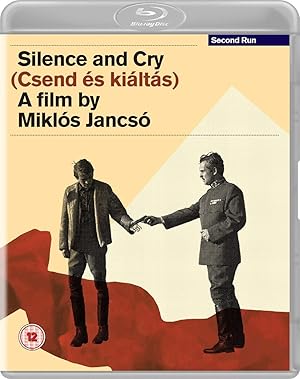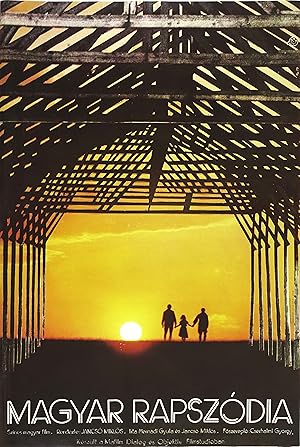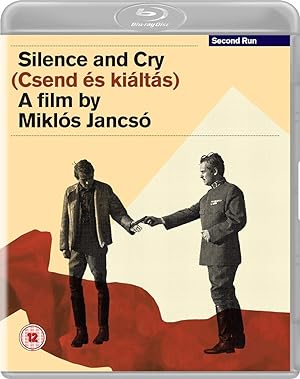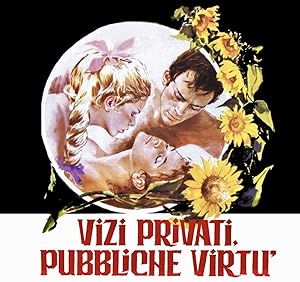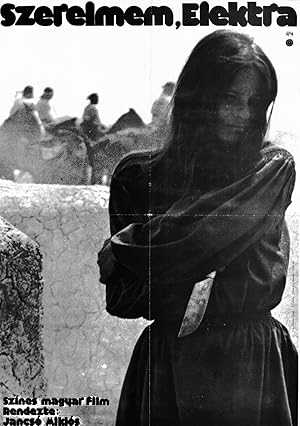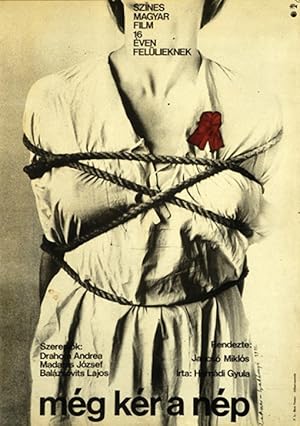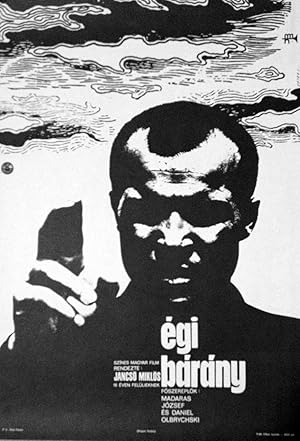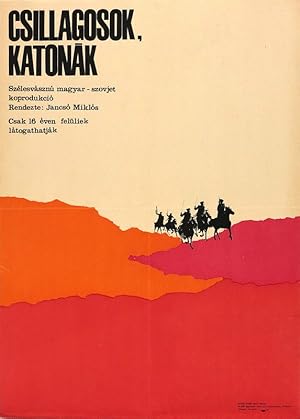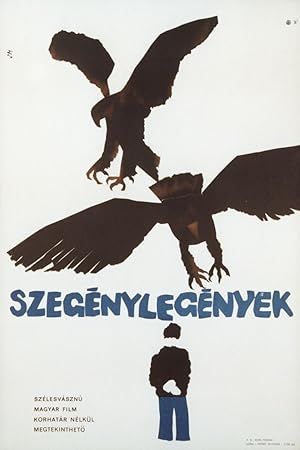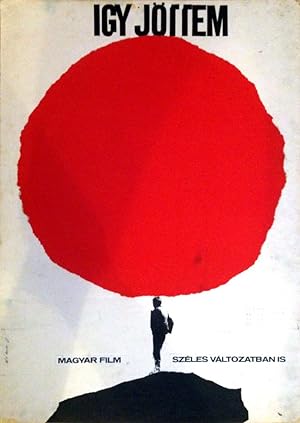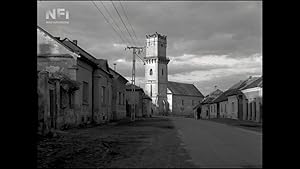Movies by Miklós Jancsó
Welcome to our dedicated selection of films directed by Miklós Jancsó. Here, you can explore a diverse range of works that highlight Miklós Jancsó’s unique vision, storytelling style, and contribution to the world of cinema. Whether you’re an avid fan or discovering Miklós jancsó’s filmography for the first time, this collection will guide you through critically acclaimed masterpieces, hidden gems, and influential titles that have shaped the director’s legacy.
The Presence III (1986)
0
Two rabbis show the ruins of an abandoned synagogue to a group of primary school-age Jewish children, and stand by as the children dip bread in honey, drink wine, pray, and sing.
Hungarian Rhapsody (1979)
0
The movie portrays a peasant revolt in Hungary in the early twentieth century.
Private Vices, Public Virtues (1976)
0
The setting is a Central European kingdom, near the turn of the century. Bored by his very proper wife, the youthful heir to the throne spends his time in amorous dalliances at a sprawling country estate. His wife departs at the arrival of his friends, and they organize a celebration which becomes a wild orgy and culminates in death and tragedy.
Electra, My Love (1974)
1
It has been fifteen years since the death of her father, Agamemnon, and Elektra still burns with hatred for Aegisztosz, who conspired with Elektra's mother to kill him.
Red Psalm (1972)
0
Set in the 1890s on the Hungarian plains, a group of farm workers go on strike in which they face harsh reprisals and the reality of revolt, oppression, morality and violence.
Agnus Dei (1971)
0
Allegory of the suppression of the 1919 revolution and the advent of fascism in Hungary; in the countryside, a unit of the revolutionary army spares the life of father Vargha, a fanatical priest. He comes back and leads massacres. A new force, represented by Feher, apparently avenges the people, but only to impose a different, more refined and effective kind of repression.
The Red and the White (1967)
0
In 1919, Hungarian Communists aid the Bolsheviks' defeat of Czarists, the Whites. Near the Volga, a monastery and a field hospital are held by one side and then the other.
The Round-Up (1966)
0
After the failure of the Kossuth's revolution of 1848, people suspected of supporting the revolution are sent to prison camps. Years later, partisans led by outlaw Sándor Rózsa still run rampant. Although the authorities do not know the identities of the partisans, they round up suspects and try to root them out by any means necessary.
My Way Home (1965)
0
In the aftermath of World War II, a Hungarian teenager, captured by Soviet troops, forms an unlikely bond with a Russian soldier in a remote prison camp.
The Presence (1965)
0
Two old men enter an abandoned synagogue, look at the decay around them, and pray.
My Way Home (1965)
0
In the aftermath of World War II, a Hungarian teenager, captured by Soviet troops, forms an unlikely bond with a Russian soldier in a remote prison camp.
